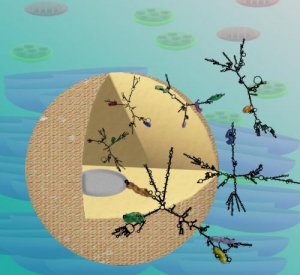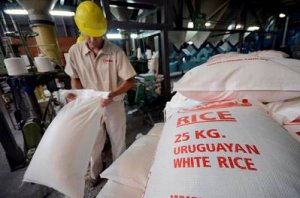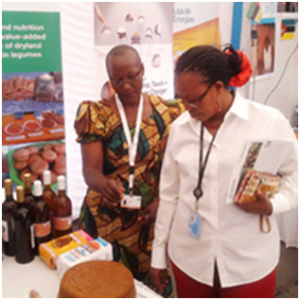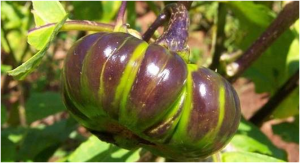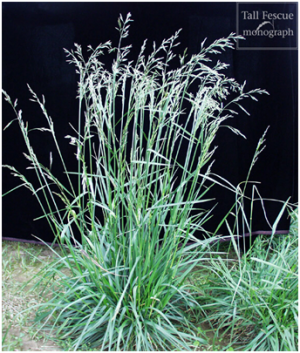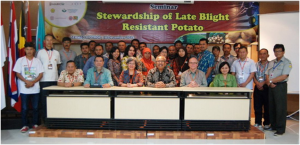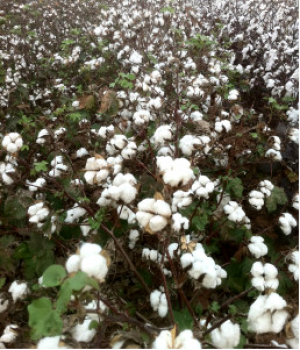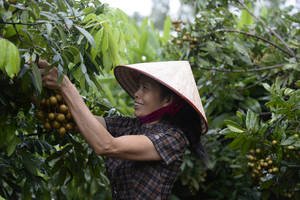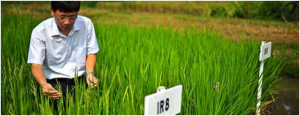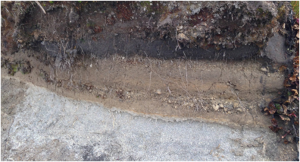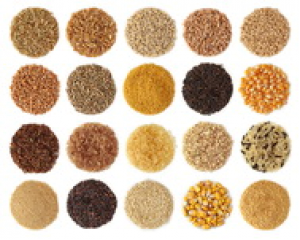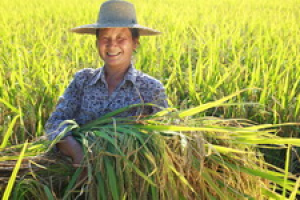|
Salk Scientists Help Plants Pump Iron Using Gene Variants
Saturday, 2017/06/10 | 06:20:50
|
|
Salk scientists found gene variants that help plants thrive in low-iron environments, which could help improve farmers' yields and provide richer dietary sources of iron for humans and animals. The study is published in Nature Communications.
Salk's associate professor Wolfgang Busch and other researchers from Gregor Mendel Institute of Molecular Plant Biology used Arabidopsis seeds from strains in Sweden, which are exposed to soils with varying iron concentrations. They grew the seeds in low-iron conditions and monitored their root growth. Then they used Genome Wide Association Study (GWAS), which links genes with a trait of interest such as root length. This led them to FRO2 gene, which had a strong link to root length. Other forms of the gene were classified into two groups: one group linked with short root, and another linked with long root.
The team deactivated FRO2 in some plants, which grew stunted roots. Then they replaced the gene with either one of its two forms and exposed the plants in low-iron conditions. The results showed that the other gene forms that confer higher activity of the FRO2 gene can largely be responsible for root growth and plant health in low-iron conditions.
Since FRO2 is present in all plants, boosting its expression in food crops or searching for its other forms that help it thrive in poor soils can significantly increase crop yields while facing climate change and fast population growth.
Read the news release from Salk for more details.
Figure: Seedlings (bottom) and roots (top) of Arabidopsis thaliana plants reveal that one variant of the FRO2 gene (right) is better for growth in low-iron conditions than the other FRO2 variant (left). Credit: Salk Institute. |
|
|
|
[ Other News ]___________________________________________________
|


 Curently online :
Curently online :
 Total visitors :
Total visitors :
(19).png)
